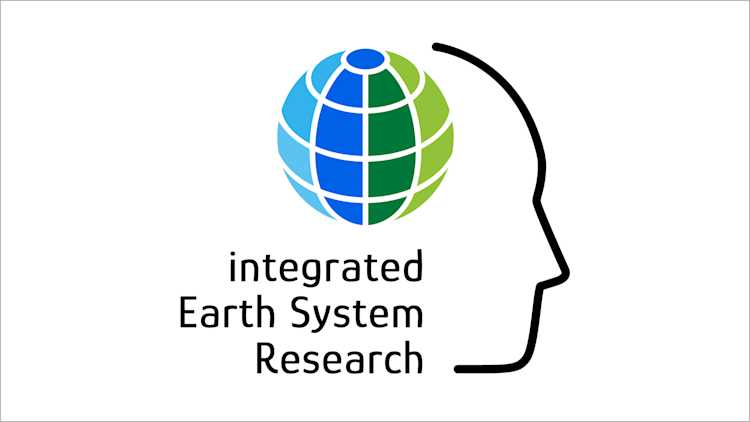Conference Report: First conference on "Integrated Earth System Research" addresses novel challenges
Studies of the Anthropocene continue to uncover the complex and dynamic interrelations between the societal world and the Earth system. At an international conference, researchers from the natural sciences, engineering, social sciences and humanities have now joined forces to address the question of how these increasing mutual impacts can be better understood and further developed towards global sustainability.
Leibniz Research Network ‘Integrated Earth System Research’ Hamburg, Germany, 17 November 2022
What the impacts of human activities on the Earth system? What consequences are associated with these impacts for society? And what affectedness and options for action result from this for politics and each individual? An approach to these questions was the subject of the first conference on "Integrated Earth System Research", hosted by the Leibniz Research Network of the same name at the "Albert Einstein" Science Park in Potsdam.
The interdisciplinary dialogue led to far-reaching conclusions: In general, science with its well-founded organisation by disciplines is not designed for the investigation of such big questions. Not only between the natural and engineering sciences on the one hand and the social sciences and humanities on the other, there are still few well-founded references for this. There is a lack of common frameworks that, for example, place simulation models for the Earth system in the context of qualitative research on societal decisions and behaviour. The urgent need for advice to politics, business and civil society on alternative development paths and their consequences can therefore only be met to a limited extent at present.
The conference therefore derived basic starting points for future research. Accordingly, interdisciplinary terminologies and concepts for integrated analyses of natural and societal systems across several spatial levels and time horizons are important. In addition, further foundations for the determination of goals such as planetary boundaries and planetary justice should be developed. Finally, it is important for societal action to identify capacities and levers for societal transformations. Thematically, concrete needs for integrated Earth system research were discussed for the ocean, the water cycle and inland waters, biodiversity, the bioeconomy, urban-rural interlinkages, conflicts, crises and security, as well as data and instruments.
With a view to the COP27 taking place in parallel, it became clear that comparable negotiation procedures are urgently needed for the entire Earth system. Climate and thus climate change mitigation and adaptation are closely linked to other components of the Earth system, such as biodiversity. Increasing public attention and growing efforts related to climate change prove that internationally coordinated and locally implemented activities to preserve the Earth system are possible in principle.
Background
The conference was organised by the Leibniz Research Network ‘Integrated Earth System Research’.
Contact to the Research Network
Leibniz Research Network ‘Integrated Earth System Research’ Dr. Henriette John (coordinator of the research network) Email: [email protected]

